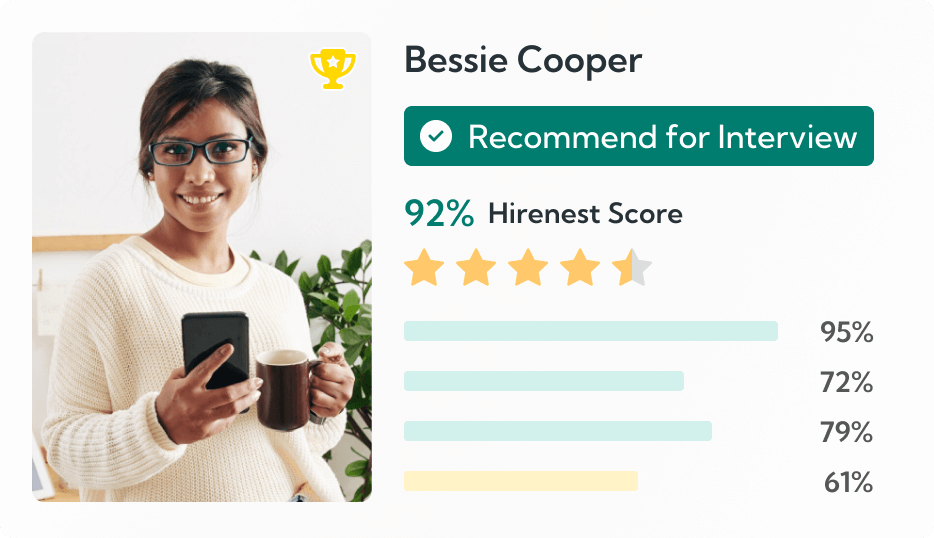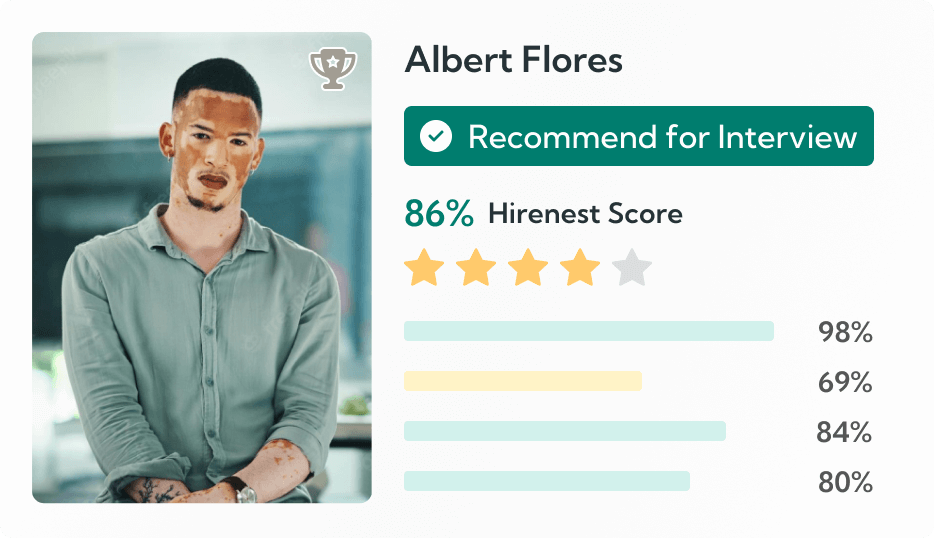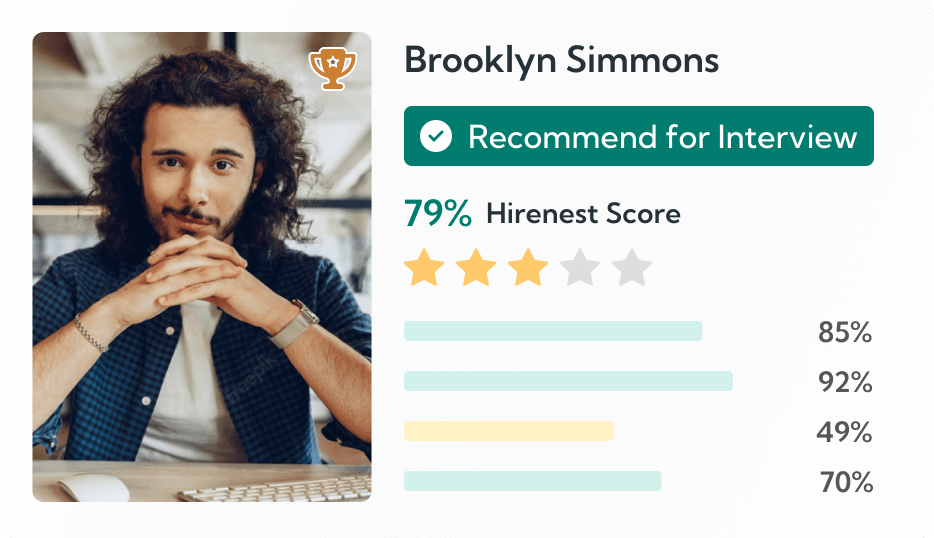Pre-Employment Tests
Education Industry
Educational institutions hire for many different types of jobs, and pre-employment tests can be extremely helpful when assessing the different aptitude, personality, and skills associated with success in a wide variety of roles in education.
The word “education” likely brings to mind mandatory elementary schooling and secondary schooling, plus college or university. But education is a huge industry that ranges from preschool to graduate degrees. And that’s just formal education. With people teaching sign language to babies and retired adults taking special interest courses, education can be a part of a person’s entire lifespan.
Popular Job Roles
About education
The word “education” likely brings to mind mandatory elementary schooling and secondary schooling, plus college or university. But education is a huge industry that ranges from preschool to graduate degrees. And that’s just formal education. With people teaching sign language to babies and retired adults taking special interest courses, education can be a part of a person’s entire lifespan.
The nature of education is changing more rapidly than ever. With advances in technology and the COVID-19 pandemic, more people are learning from home via computer. It’s hard to believe that just 100 years ago, many public-school students attended classes in a one-room schoolhouse and wrote on slates. (Small village schools, albeit modernized ones, still exist in many parts of the world today.)
Some options for getting an education today include public schools, private schools, home schooling, online schooling, and adult learning centers. No matter how a person chooses to educate themselves, a society will always need education workers to develop video courses, design programs to meet government requirements for grade levels, administer aptitude tests, and more.

Our platform will answer your questions:
What are your candidate's cognitive abilities?
What's your candidate’s capacity to learn and grow?
How will your candidates behave in the workplace?
What drives your candidates to engage in action?
Problems hiring the right people for education
Working in the education industry takes special qualities, depending on the age group of the students.
Teachers of children must have patience. These teachers also must find a balance between being likable and being able to take command of an unruly class. Furthermore, schoolteachers usually must adhere to a code of ethics and remain professional even when not working to maintain a good reputation.
Instructors of college students and adults don’t need to be disciplinarians. However, college and university instructors do need to be engaging while respecting the needs of students who may be at different stages of life.
Also, advances in technology mean changes in the qualifications for teaching. Today’s teachers need to be adept with different types of computer hardware and software. They may also need to use other equipment such as smartboards and sound systems.
Luckily, many problems hiring the right people for education can be solved by incorporating pre-employment testing in the recruitment process.
Why use pre-employment testing for education
Using pre-employment testing for education jobs makes it easy to screen candidates thoroughly. When you rely on old-fashioned hiring methods, you can’t dig into a candidate’s background enough to know if they’ll be good at working with students.
You can use Hirenest to administer pre-employment assessments for teachers at all levels of education. Here are some qualities you can discover through assessments that may not necessarily show up on a resume or in an interview:
- Emotional intelligence.
- Written communication skills (many candidates have their resume and cover letter written by a professional).
- Patience.
- Teaching ability.
- Skill in a particular subject, such as math or English.
Our AI-based smart hiring platform lets you screen an initial pool of candidates more quickly and with less bias. With video interviewing, you can get a sense of a candidate’s poise and presentation skills. And scenario-based test questions let you find out how a prospective teacher would handle a sticky situation.
Hirenest in Numbers
At Hirenest, we value transparency and close collaboration with our clients. Over the years, we’ve achieved:
60,000
Assessments
completed
40+
Test validated
5,000+
People hired
92%
Candidate
satisfaction
16,000+
Hours decided
to test development
by PhD’s
28,000+
Hours decided
to platform br development
3
Number of office
dogs!
45,000+
Hours saved for our
clients


